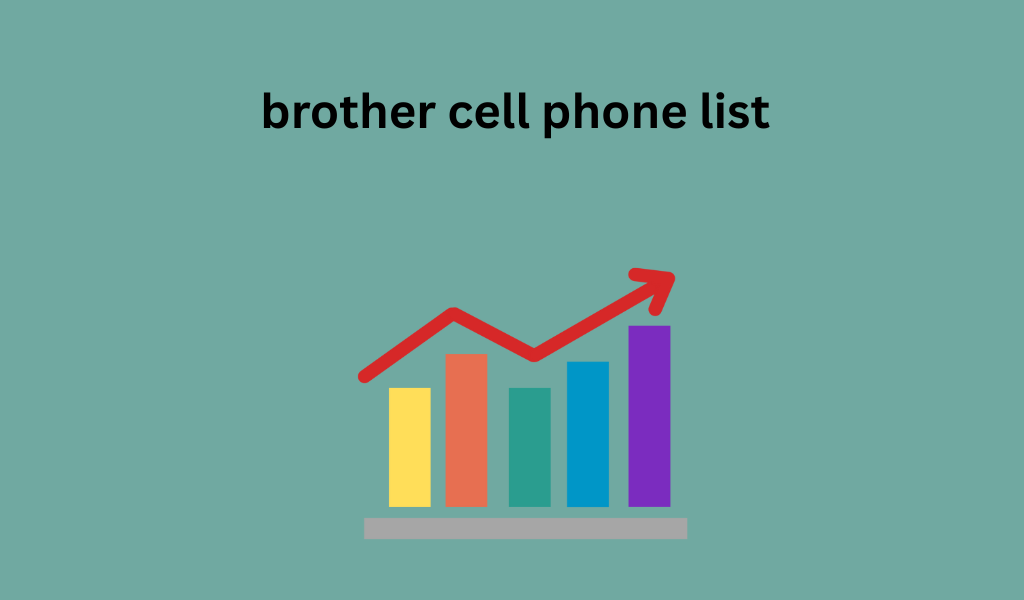Lynn Serafinn explains how our sense of identity influences the way we blog and shows how our relationship with Self manifests in our business operations.
This month, I’ve been hard at work on my upcoming book, The Social Entrepreneur’s Guide to Successful Blogging. While I wanted to make this book a rigorous and practical hands-on manual, I also wanted to frame it within the context of the 7 Graces paradigm for ethical business and marketing.
I strongly believe blogging is an incredibly powerful
Effective form of new-paradigm marketing – when it is done mindfully and strategically. So, to bring that mindfulness into the book, before I dive into the brother cell phone list ‘how to’ of blogging, I start off by looking at the one of the tools I use in the 7 Graces model – the ‘7 Key Relationships’:
Our Relationship with Self
Our Relationship with Source
Our Relationship with Others
Our Relationship with Our Business
Our Relationship with Our Audience
Our Relationship with Money
Our Relationship with Marketing
These relationships impact every aspect of the way we conduct our businesses. As blogging is such a powerful and transparent form of modern communication, our blogging cannot help but become an outward expression of all of these relationships. This is why I felt it so important to start the book with an exploration of these 7 Key Relationships.

While all of these relationships are influential, one in particular is the foundation of every other relationship we will ever experience in life – our relationship with Self. So today, I thought I’d share a few things from the book on that topic.
Personality, Behaviour, Blogging and Self
Everything we do – in business and in life – begins with our relationship with Self. When I say ‘Self’ (with an uppercase ‘S’), I’m referring to something higher, deeper and more permanent than our day-to-day, transient notions of self. If our relationship with Self is based on variable factors, such as our physical appearance, our occupation or our socioeconomic status, it makes us slaves to our environment and vulnerable to the inevitable changes that occur with the passage of time.
Surely, when we operate businesses or express ourselves through blogging or another medium from this kind of relationship with Self, we are going to be guarded, mistrustful and lacking in openness. We could be more concerned with being liked and accepted by others than with our own integrity or goals. We are also less likely to take risks or try new things in our businesses for fear of loss or ‘failure’ (i.e., getting it ‘wrong’ in the eyes of others).
A blogger with this kind of relationship with Self is likely to create content that is distant, derivative and fact driven, with little personality, originality or opinion. Or that blogger might use a lot of flowery words or jokes to give the appearance of being open while in fact hiding behind them. They might also use their brand name as a kind of shield to hide behind, rather than ‘show up’ as an individual. While brand identity is normally a good thing in marketing, it is important to recognise when we might be using it as a way of distancing ourselves from our audiences and avoiding being seen as human beings. And lastly, this kind of blogger is likely to blog solely because ‘it’s something they have to do’ rather than something they enjoy doing.